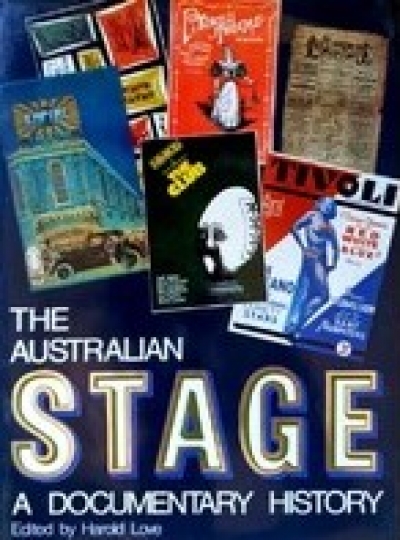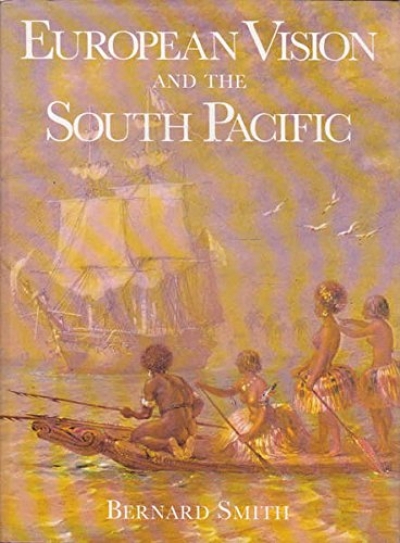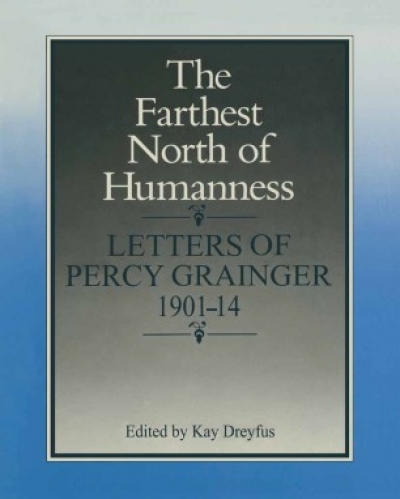Archive
Books flow steadily from the northern to the southern hemisphere through the traditional conduits of empire. To get them to flow back the other way is difficult but it can be done. The real task though, it seems to me, is to overhaul the plumbing so that writing and writers can flourish, and that’s a long haul.
... (read more)The Australian Stage edited by Harold Love & Reverses by Marcus Clarke, edited by Dennis Davison
When the Writers’ Week organisers asked me to come and talk on a panel of literary agents, I naturally asked what they wanted me to talk about. (I knew that jokey anecdotes about publishers, writers, and agents would be just the thing; I also knew that my delivery would fall horribly flat, even if I could remember any.)
It was suggested that I might talk about pitfalls for writers – a subject on which literary agents can wax lyrical for hours – but that seemed slightly arrogant from where I sit, and I began to think of pitfalls for agents. And from there I started to think about what agents can and can’t do, how useful we are or aren’t, and by the time I’d thought all that through, I had the bones of what I wanted to talk about.
... (read more)Now we are in the season of missed and mellow fruitfulness. The mellow fruitfulness belongs to the winners of literary awards and literary grants. The missed are those who are eternally short listed but never ascend the throne. Of course, some books shortlisted never have a chance of winning. They are put there for encouragement, minor recognition, sometimes tokenism.
... (read more)It is Sunday and that is all it is. I have just read the Australian. It is not Australian. It is The Cringe. I have struggled to like Phillip Adams for years; I liked him when he was Phillip Adams – I guess he did too. He worships Mammon when he once seemed to worship cries in the street and whispers from above. No God in him.
... (read more)Penguin Books, which has just celebrated its fiftieth birthday, is widely known through its paperback publishing as the great populariser of literature in the English language.
... (read more)







